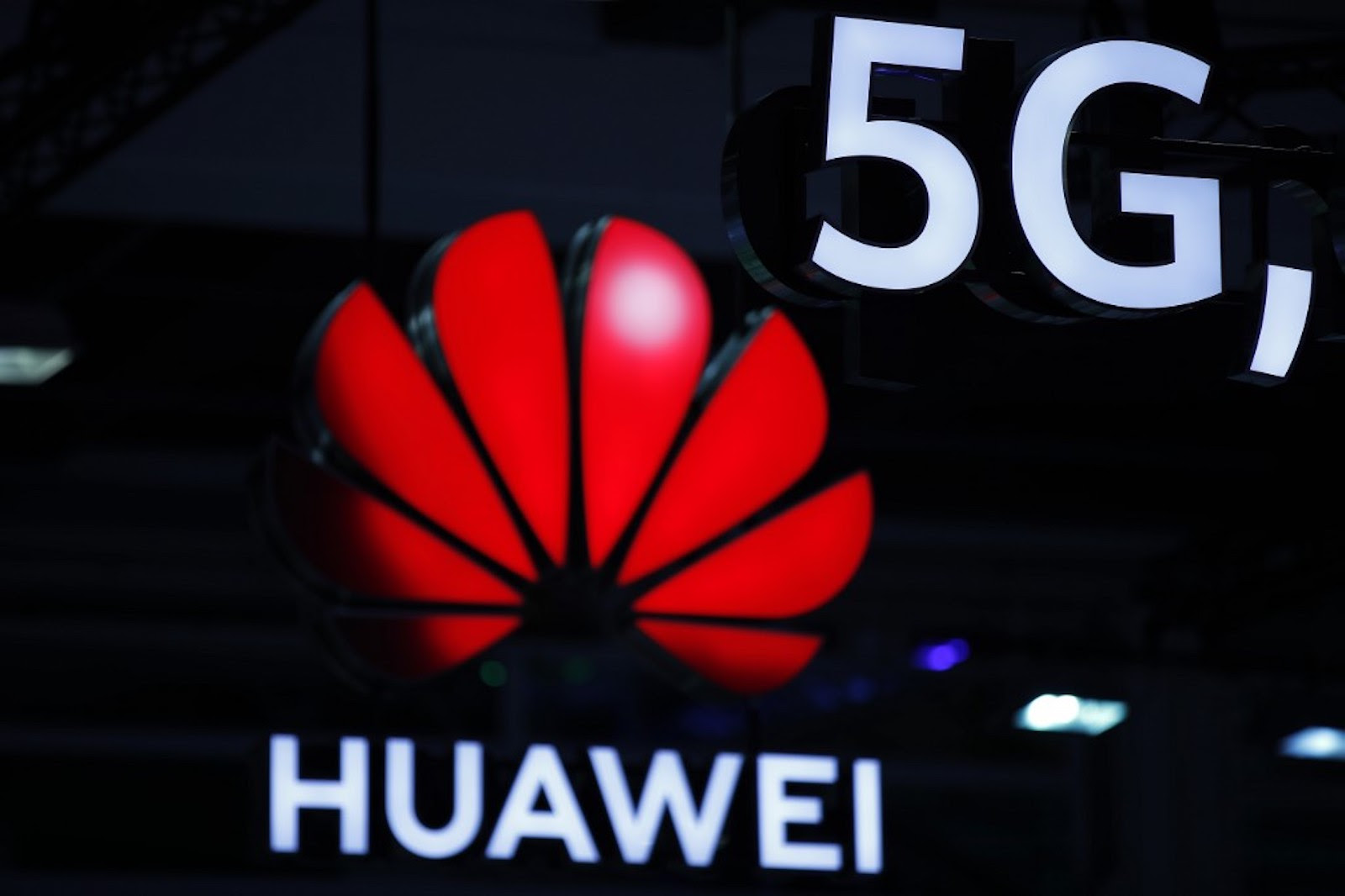Who would want to be stuck in the middle between the USA and China right now?Huawei Technologies, possibly?
ASIA TIMES

The Chinese telecommunications giant was made an international pariah by US regulators earlier this year after a ban on buying key parts and on access to crucial markets.
You think that sounded the death knell for the company? Think again, says Asia Times Finance Editor Umesh Desai.
This week, writes Desai, Huawei announced a US$286 million bonus bonanza to its employees. Its bonds continue to trade above par, and its cash balances are massive. Hardly the signs of a company struggling under sanctions.
Huawei, the world’s biggest telecom-equipment maker and the second-biggest smartphone maker, has repeatedly denied US allegations that it is a front for the Chinese government – the justification Washington cited for banning US companies from using Huawei-manufactured gear.
Since the US sanctions, Huawei has gained market share, its finances show no signs of weakness and, concludes Desai, the Washington ban may actually be helping.
Washington says Huawei is involved in state-managed espionage while Beijing argues the US is jealous of the Chinese tech giant’s 5G technology. Whatever the reality, this “rivalry” in the high-tech sector has brought about new levels of hostility between the two superpowers.
Diplomatic rhetoric has also increased over the South China Sea, over the Hong Kong protests and over the Muslim detention camps in China’s Xinjiang region.
After roughly 14 rounds of trade-talk discussions, relations between China and the United States have continued to deteriorate. Asia Times’ China specialist Gordon Watts believes that if this trend continues, the current trade conflict could end up looking “like a playground scrap compared to what lurks just over the horizon.”
Hong Kong, once the stable, safe and prosperous jewel of Asia, has become the riot-zone frontline in this new Cold War, and this week the US Senate unanimously passed legislation to put in place an annual review of the city’s special trade treatment under US law.
Styled the “Hong Kong Human Rights and Democracy Act,” the bill also allows (but does not require) the US president to impose sanctions on officials deemed guilty of human-rights abuses.
China’s Foreign Ministry quickly denounced the bill, claiming that it “neglects facts and truth, applies double standards and blatantly interferes in Hong Kong affairs and China’s other internal affairs” and warned the US to “stop interfering” or it “will have to take strong countermeasures to defend national sovereignty, security and development interests.”
| Facing the future: Before broken Hong Kong can start to heal, there is a long list of key issues that need to be looked into, writes noted Hong Kong lawyer, Neville Sarony QC. |
|
| Yet, writes Asia Times columnist David P. Goldman, despite the tough rhetoric, the United States is unlikely to tamper with the Hong Kong trading relationship because it would only prologue the “mutually injurious” trade war.
Likewise, argues Goldman, China has no intention of repeating the 1989 Tiananmen Square catastrophe, which scarred Chinese politics for a decade. The People’s Liberation Army is, says Goldman, “entirely unsuited to urban counterinsurgency” and anyway, “Hong Kong’s police gradually are regaining control of the city as large-scale arrests and exhaustion wear out the demonstrators.”
And indeed, despite the awful, violent scenes broadcast around the world this week from Hong Kong’s streets and university campuses, there does seem to be a faint glimmer of reconciliation in this tense, divided and increasingly destroyed city.
Hong Kong Chief Executive Carrie Lam is repeatedly accused of lacking any real leadership while her police force is becoming equally as unpopular.
But now stepping into the spotlight is veteran politician Jasper Tsang Yok-sing, who is regarded as being a trusted Beijing adviser but also has a reputation in Hong Kong as an impartial and, crucially, respected statesman who has, beyond anything else, Hong Kong’s interests at the top of his agenda.
Right now Hong Kong needs, perhaps beyond anything else, a real leader and Tsang, writes Asia Times Hong Kong Editor Jeff Pao, seems to have the “flexibility and fresh thinking that might help to resolve what had come to be seen as a virtually irresolvable standoff between pro-government forces and protesters.”
But there is an awful lot to fix.
Neville Sarony QC, a noted Hong Kong lawyer with more than 50 years at the Bar, wrote an opinion piece for Friday’s Asia Times that listed the key issues that need to be looked into before Hong Kong can heal.
The depressing list includes “who has been funding the protesters; at what point and why the peaceful protest mutated into urban warfare; who authorized agents provocateurs to infiltrate the protests and what their instructions were; what, if any, instructions were given to the police in relation to the use of their weaponry; what, if any, rules of engagement, were set; and what laws justified police entry into hospitals to arrest patients.”
The young people of Hong Kong, concludes Sarony, “who represent its present and future, desperately need to be given realistic hope, not to be treated to a dialogue of the deaf.”
In a way, these young people are also stuck between Washington and Beijing. What that means for their future remains to be seen.
Read the full stories on Asia Times
|
|
|




Tibetan autonomous region is also having pro-democracy protests:
“Chinese security forces, many in plain clothes, have poured into a Tibetan township in Sichuan’s Kardze prefecture following protests last week calling for Tibet’s independence from rule by Beijing, Tibetan sources say.”
— https://www.rfa.org/english/news/tibet/police-11252019133807.html
HK citizens are moving out of the SAR, and businessmen investing in China are pulling out to other countries. Many Chinese jobs have been lost. In my opinion, Xi is dragging China into the mud.